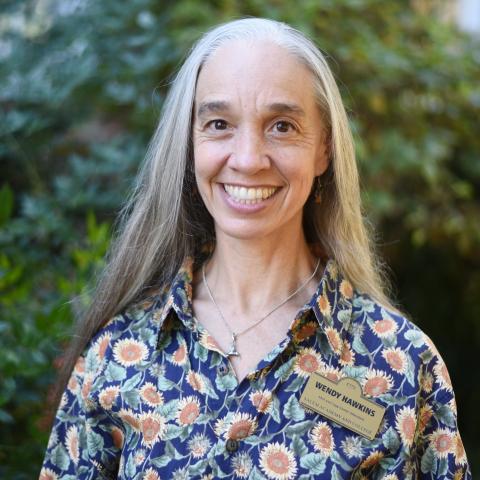
Many bird species employ a nocturnal migration strategy, relying on the moon and stars for navigation. Over the past century, artificial light at night (ALAN) has become a fatal threat to millions of birds each year through collisions with buildings. Although reducing nighttime lighting has proven effective in preventing bird-building collisions for three decades, landscape-scale change has been imperceptible. The objective of this review was to determine the most effective strategies for mitigating light pollution to protect migratory birds. It was hypothesized that evidence would support awareness campaigns, landscape scale technologies, and lighting policies as solutions for timely change. Although findings indicated that numerous Lights Out initiatives and community awareness programs, largely driven by nonprofit organizations, reported measured success, time and energy have far exceeded the result. Lighting policies are few, but demonstrate strong potential for long-term, city-wide compliance and collision prevention, when all stakeholders are systematically engaged. New technologies mapping light pollution and migratory bird density show promise for diverting hundreds of volunteer hours spent on Lights Out bird carcass collection data, and could draw community interest in protecting birds. We conclude that investing a greater proportion of time and energy toward lighting policy, supported by technological data, would produce the most expedient and long-term results and spread sufficient awareness. Ideally, collaborative policy formation brings awareness that, in turn, promotes compliance with policy; and efficient technology frees up critical time. Further research could determine the application of these technologies for indicating efficacy of city-wide awareness campaigns and lighting policies.
Wendy Hawkins is the Mail Center attendant and a Fleer student here at Salem College, majoring in Environmental Studies with a concentration in conservation ecology. A native of California, she has enjoyed many cross country road trips, including the one-way move to the Carolinas in 2008 with her son and late husband. Her love for nature and fanaticism for birds has shown through 8 years of enthusiastic volunteer service on the board of Audubon Society of Forsyth County, based here in Winston Salem, NC. She especially loves birding, biking, and "dead bird patrol!"